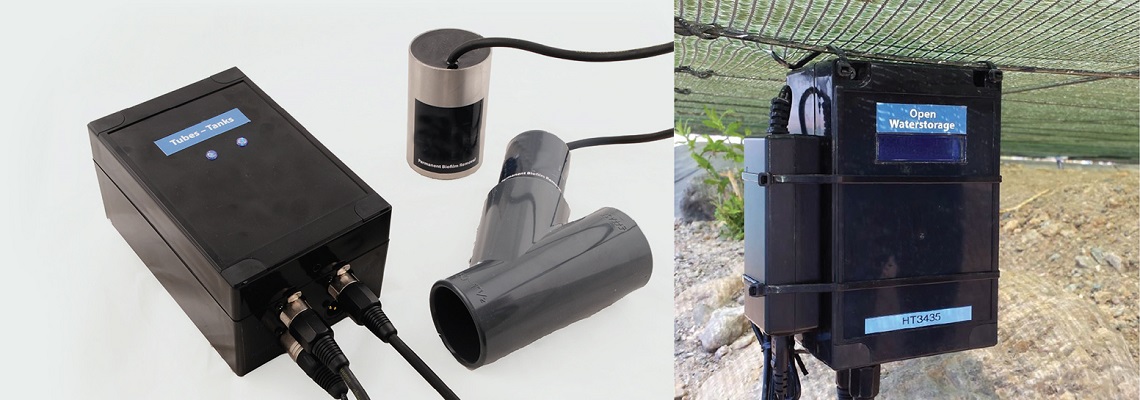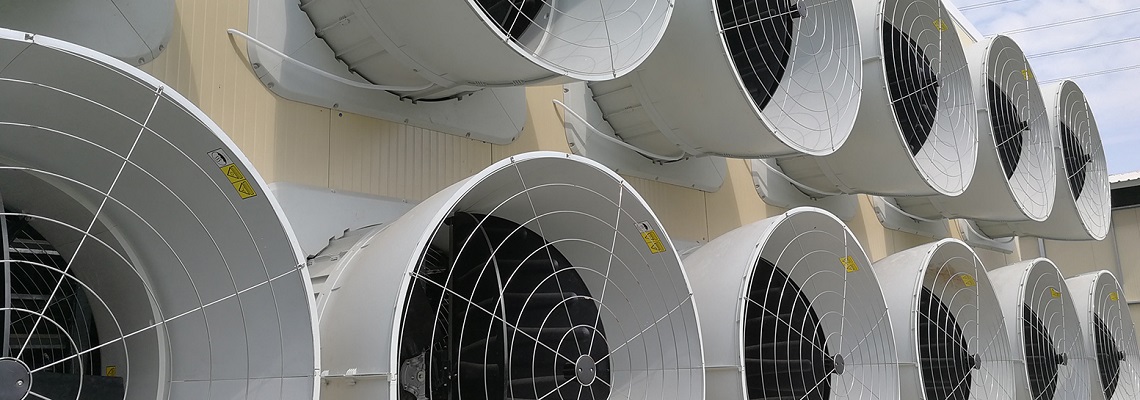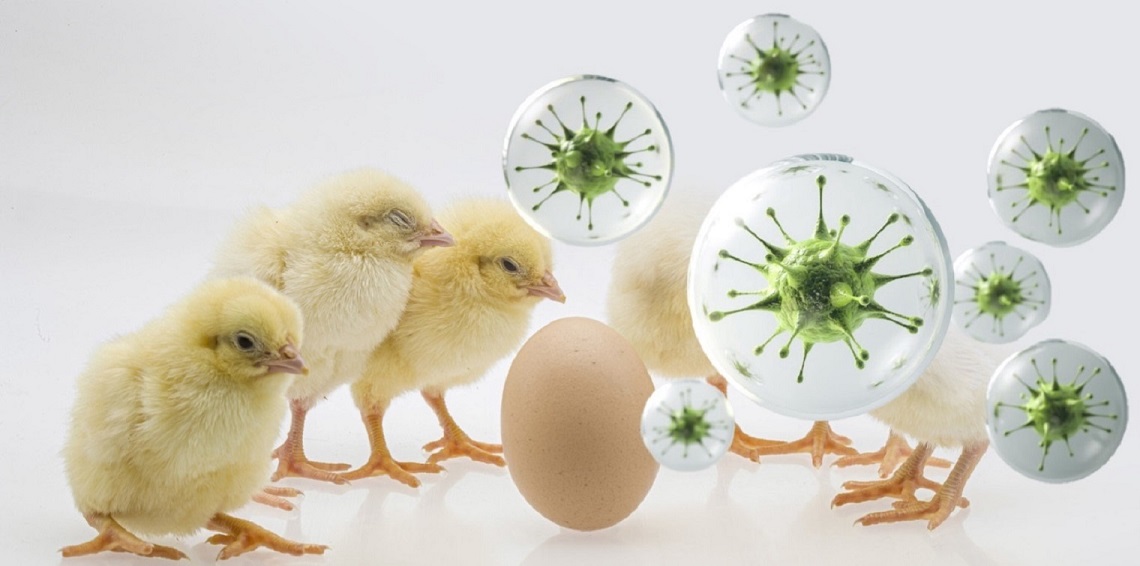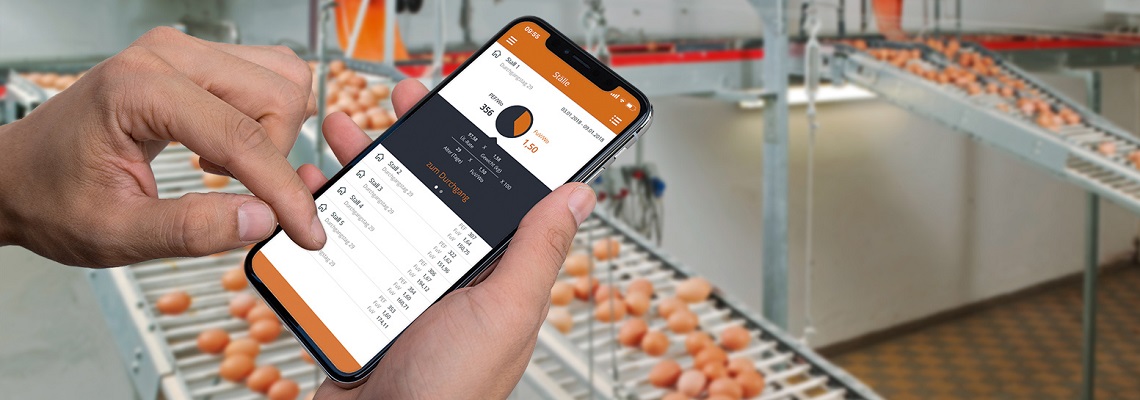A Guide to Effective Flock Monitoring in Egg Production
In large-scale, precision egg production farms, the overall health and vitality of the flock is paramount. In fact, effective monitoring is the precursor to the quality of animal welfare, which directly improves the quality of livestock products and the health of consumers. The use of tried and tested monitoring methods, along with modern equipment greatly contributes to achieving optimal productivity and performance. Seasoned egg producers know that success goes beyond the quality of the eggs laid. It is equally important to develop and practise holistic monitoring processes to help ensure a happy, healthy and profitable flock. Here’s a look at 8 indispensable flock monitoring practises for your laying hens:
Health Monitoring: Preserving Flock Well-being
It is good practise to take a close look at each bird, every day. Early detection of signs of illness or distress is crucial for prompt intervention. Keep accurate records of daily mortality rates to identify any sudden spikes, providing valuable insights into potential health challenges. Monitor changes in behaviour, such as lethargy or unusual vocalisations, which can indicate underlying health issues. Incorporating technology as part of this process is also encouraged for even more effective monitoring. Equipment such as the Vitality Monitoring System harnesses advanced technology to deliver critical data and valuable insights about your flock's health in real time.
Feed and Water Consumption: Nourishing Your Flock Efficiently

Regularly track the daily consumption of feed and water to ensure it aligns with expected patterns. This practice helps identify deviations that could signal health or environmental issues. Calculating the Feed Conversion Ratio (FCR) on a regular basis assesses the efficiency of feed utilisation, optimising nutritional strategies. Ensure the quality of drinking water meets health standards by regular testing and maintenance.
Egg Production and Quality: Maximising Your Yield
Collect eggs daily and record production rates to determine your yield levels. Periodically assess egg quality, including shell integrity and size uniformity, both of which contribute to higher market value. Weigh a sample of eggs regularly to ensure they meet size standards, enhancing overall market desirability.
Environmental Conditions: Creating the Ideal Atmosphere

Regularly check and maintain optimal temperature and humidity levels within the poultry house to prevent stress-related issues. Ensure proper ventilation to maintain air quality, creating a comfortable environment for the flock. Monitor and adjust lighting schedules to stimulate desired behaviour and egg production rates, contributing to a consistent laying cycle.
Biosecurity Measures: Safeguarding Your Flock

Keep records of farm visitors and their movements to prevent disease introduction. Implement strict biosecurity measures such as footbaths and sanitation stations, to minimise disease transmission within and outside the farm. Isolate and monitor new additions to the flock to prevent the spread of diseases and ensure overall flock health.
Weight and Growth Monitoring: Ensuring Uniform Development
Weigh a sample of birds regularly to track growth patterns, ensuring uniformity within the flock. Assess the uniformity of flock growth to identify and address any outliers, promoting consistent development. Evaluate the overall health and condition of birds based on body weight and muscle development, addressing any signs of malnutrition.
Manure Quality and Litter Conditions: Enhancing Hygiene
Monitor litter moisture levels to prevent caking and ammonia buildup, enhancing overall hygiene. Assess the consistency and colour of manure to identify digestive or health issues early on, ensuring remedial action can be taken swiftly. Apply litter amendments as needed to improve moisture absorption and control odours, creating a healthier living environment.
Record-Keeping and Data Analysis: Empowering Informed Decision-Making

Keep comprehensive records of all flock-related activities and observations, providing a historical perspective for informed decision-making. Regularly analyse collected data to identify trends, make key decisions, and optimise flock management practices for sustainable and profitable egg production.
The Road to Optimised and Profitable Egg Production
By integrating these comprehensive flock monitoring practices, egg production farmers can create an environment conducive to optimal health, productivity, and profitability. A well-monitored flock not only lays the foundation for consistently high-quality eggs but also ensures the long-term sustainability of the poultry farming enterprise with each production cycle. With intensive livestock farming becoming more prevalent, meticulous attention to detail at every stage ensures a profitable performance in egg production.
Get a personal guide to ensure your flock’s wellbeing. Click the ‘Send a Message’ Button below to talk to us!

